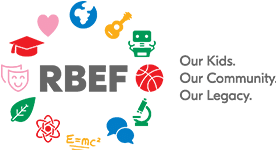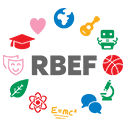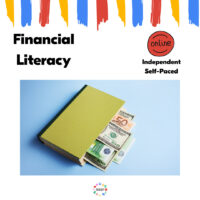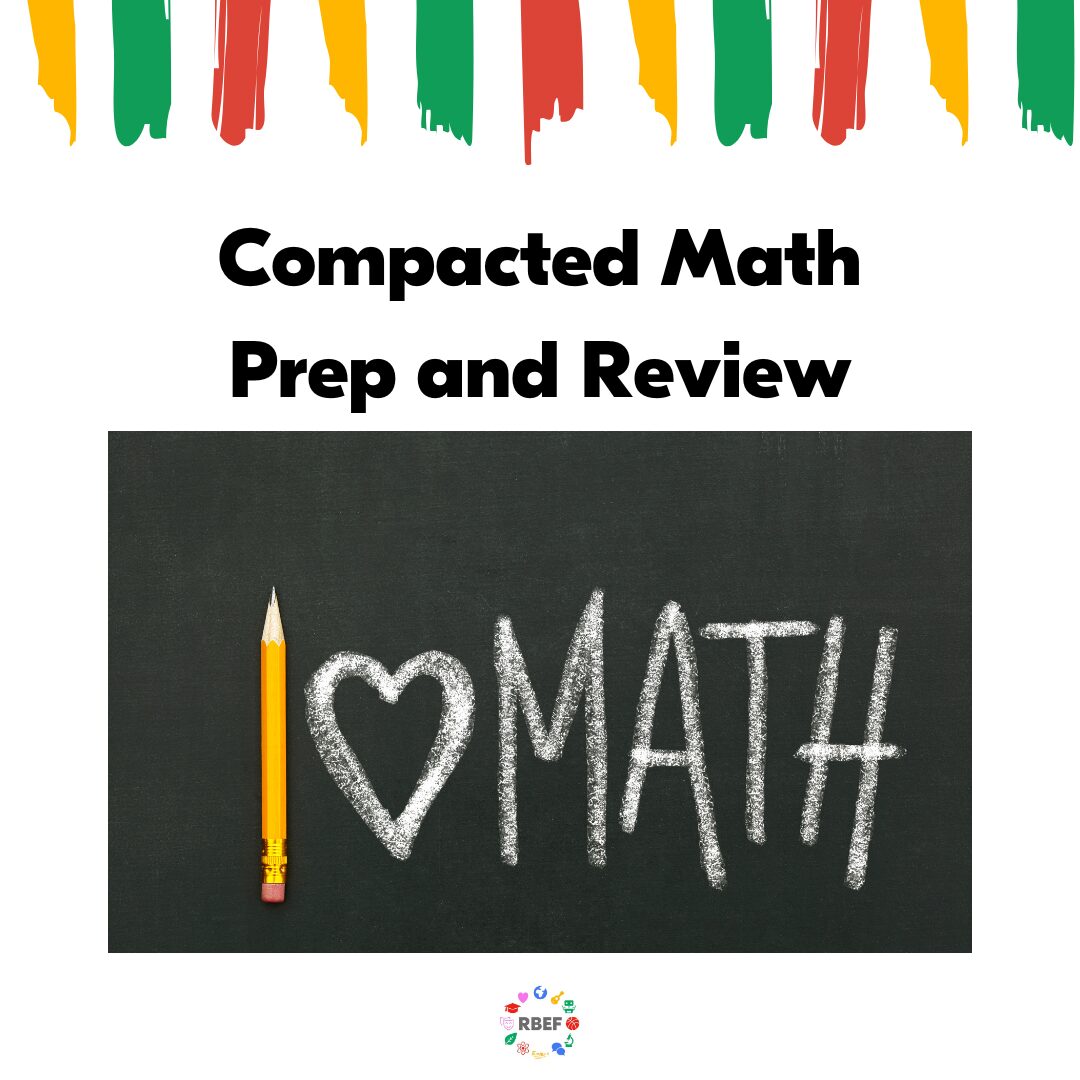ONLINE, SELF-PACED
Grade Level: 9-12
Length: One semester (5 credits).
Dates: June 17* – August 2 (*Course will be available in preview-mode starting June 10)
UC/CSU Subject Area: G
RBUSD Graduation Credit Category: Electives
Prerequisite: Introductory Algebra or equivalent
Not NCAA-approved
Platform: APEX Learning, a WASC accredited online school
Financial Literacy offers an engaging, scaffolded curriculum that introduces key topics and principles necessary to financial literacy. The one-semester course covers earning and spending; savings and investing; credit and debt; protection of assets; and financial planning and decision-making. Through real-life scenarios and hands-on activities, the course explores choosing among banking and investment options, shopping for an auto loan, choosing among career and college options, financing options for continuing education, planning for retirement, and creating and living within a budget.






